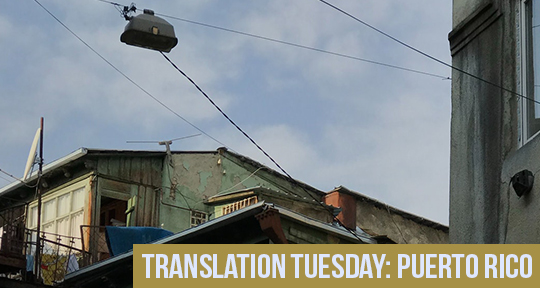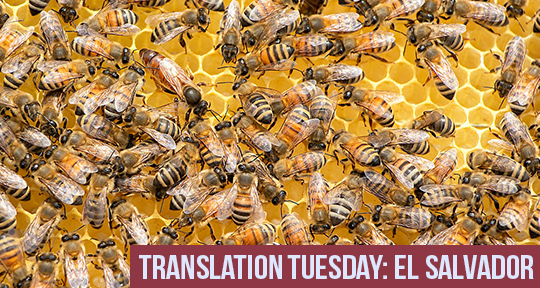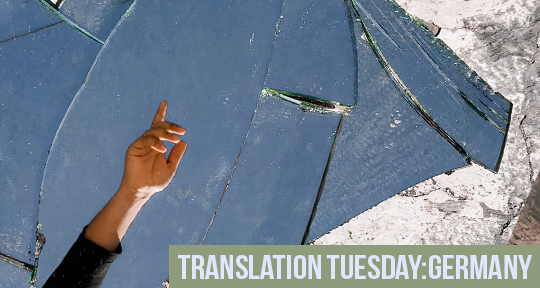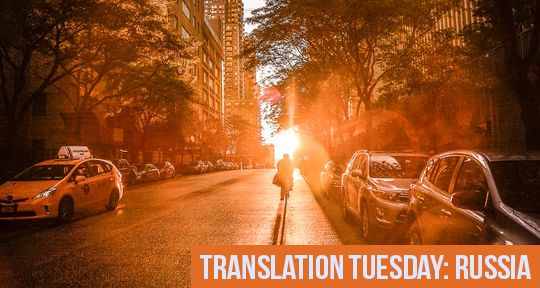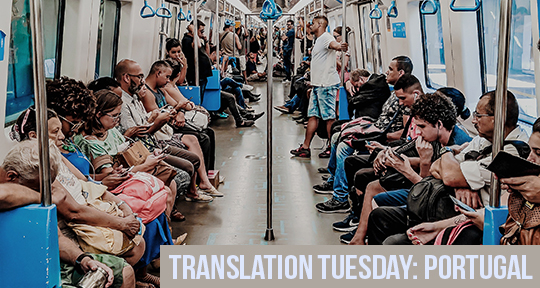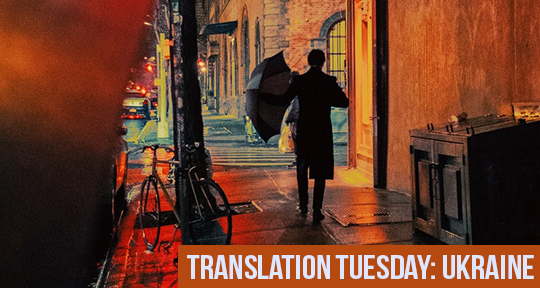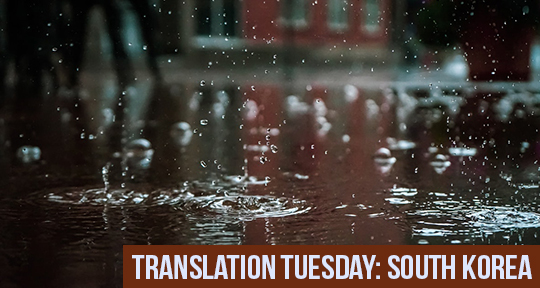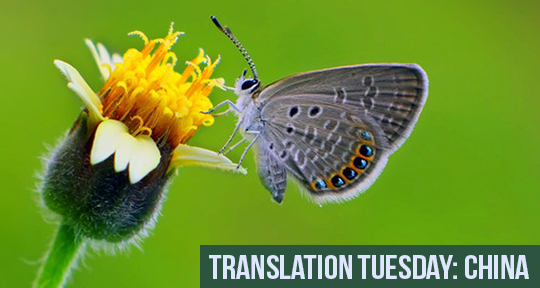From 1954 to 1975, Việt Nam was divided into North Việt Nam and South Việt Nam. Exacerbated by the Việt Nam War, the division caused tremendous tension among the people on both sides. This Translation Tuesday, we are brought back to this age of division through a tale by the acclaimed short story writer Văn Giá, one that portrays an undercurrent conflict in the most casual of encounters and the writer’s strong desire for all Vietnamese people to unite, to reconcile, and to heal. Translators Nguyễn Phan Quế Mai and Bruce Weigl’s short, sharp sentences give the story a stuttering rhythm that conveys a sense of wariness and caution that permeate the characters’ minds.
My tooth and gums are now okay. My dentist says a scar has grown onto the gum. “Leave it alone for around a year and come back for a check-up,” he tells me. I tiptoe, open my mouth wide, tilt my face, and look into the mirror. It’s true that a scar is there. This tooth. A windy and raining evening in Bình Dương . . .
It was so unlucky, that trip. My tooth suddenly betrayed me. My gum swelled so much. I couldn’t stand the pain. I would lose my cool standing at the classroom’s podium looking like this. I thrashed around all night, drained of energy. After a quick and barely chewed dinner, I asked my student, “Please, could you find some place for me to get my tooth fixed? Otherwise I’ll be in big trouble.”
“I will look for one now. Stay calm, Teacher. Don’t worry.”
But . . . the rain was pouring so.
I glided into the car. A brand new one. Its interior still had that new smell. Super shiny. I praised him, saying the public could benefit a great deal from such a posh head of the sub-district People’s Committee. Having said that, I startled myself and I was afraid that he thought I was mocking him.
I hurried to say, “I mean when the head of a sub-district People’s Committee does well, his people also benefit. If local government officials are poor and rough-looking, they get no respect from the common people. If you were poor and held a leader’s position, greed would be born. If you are already rich, you don’t have to be greedy. Therefore the people would benefit . . .”
After I finished speaking, I realized that my own reasoning sounded like that of some kind of pimp. I was startled again, but my student said nothing. I told myself to keep my mouth shut.
But then I asked whether it was still far away. “Quite close by,” the student answered. He said no more. Outside, Heaven continued to dump down its water. The rain was getting heavier and heavier. Few people were travelling on the road. It was around seven or eight p.m. The student drove so fast. I was fearful. It would be dangerous if someone dashed out from a lane.
“There’s no need to hurry,” I told him.
He said nothing. I sat at the back, craning my body to look through the car’s front glass. The wipers worked furiously. The car dashed past a push-cart which was moving through the rain; perhaps a cart of a wandering seller. A white sheet of water, curving like a rainbow, blanketed the person pushing the cart. I knitted my brows. “Please slow down. You made that person soaking wet.”
The student said nothing. I glanced at the front mirror to look at his face: cold as a metal sheet.
The car slowly turned into a small lane and came to a stop. The student told me to sit inside the car so he could go in and check if the practice was open. He didn’t use personal pronouns, but spoke without using the proper form of address. Perhaps here, people spoke this way. It didn’t matter. It wasn’t important.
After a while the student came back. “It’s closed. Let’s go somewhere else.” READ MORE…


